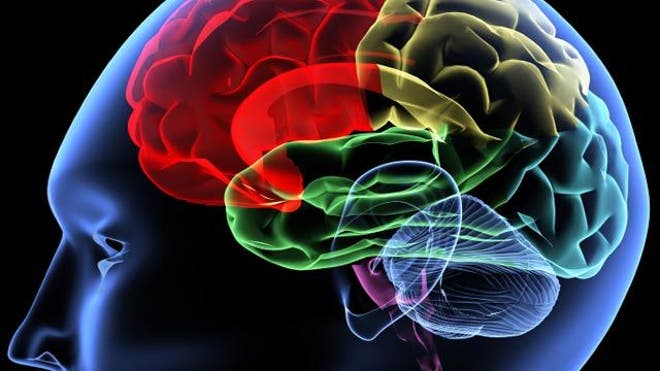Certain types of epilepsy surgery led to significant improvements in children's mood and behavioral problems, a researcher said.
Children undergoing left-side resections were more likely to show neuropsychiatric symptom improvements if the target was in the frontal rather than the temporal lobe, while those having right-side surgeries had improvements irrespective of site, said Elizabeth Andresen, PhD, of theCleveland Clinic's Neurological Institute.
Relatively little improvement was seen in mood or behavioral symptoms in children with left-side temporal lobe seizure foci, but the baseline symptom burden was relatively lower to begin with, she said at a press briefing prior to her platform talk at the annual meeting of the American Epilepsy Society.
Andresen noted that neuropsychiatric complaints are extremely common in children with epilepsy. Previous studies have found a nearly five-fold increase in risk of such disorders in such children compared with the general population, and a 2.5-fold risk increase relative to children with other chronic diseases.
Some other studies have found improvements in such symptoms following epilepsy surgery, she said, but they had not examined whether the benefit varied with the surgical site, either by hemisphere or by lobe.
The study was based on a combination of child self-reports and parental assessments using standard instruments, administered before and after 100 surgeries in pediatric epilepsy patients. Of 54 left hemisphere resections, 38 were in the temporal lobe and 16 in the frontal lobe; of 46 right-sided surgeries, 26 were in the temporal lobe and 20 in the frontal.
At patients' neuropsychological evaluation after surgery, 83% were seizure-free. At last follow-up an average of 5 years after surgery, 57% of the cohort still had not had a recurrence of seizures. Patients were from 5 to 16 years of age (mean 11) at surgery, with mean duration of epilepsy symptoms of 5.3 years (SD 3.6).
In children with left-side resections, normalized T-scores for anhedonia, social anxiety, and withdrawn/depressed symptoms declined significantly for those with frontal lobe targets compared with temporal lobe patients.
- Anhedonia: 59 pre, 50 post in frontal lobe; 50 pre, 50 post in temporal lobe (P=0.009)
- Social anxiety: 59 pre, 42 post in frontal lobe; 49 pre, 48 post in temporal lobe (P=0.001)
- Withdrawn/depressed: 59 pre, 55 post in frontal lobe; 58 pre, 50 post in temporal lobe (P=0.039)
For right-sided surgeries, targets in both lobes were associated with declines in a "social problems" composite. Normalized T-scores for this measure declined from 69 to 64 with frontal lobe procedures and from 59 to 56 with temporal lobe resections (P=0.001 with respect to time and P=0.005 between groups).
Depression was significantly relieved after surgery when Andresen and colleagues analyzed the entire 100-patient cohort. Among the 25 patients rated as depressed prior to surgery, 64% were no longer depressed at follow-up.
Similarly, anxiety resolved in 60% of children with presurgical symptoms, Andresen reported.
She noted that 6% of children who had no symptoms of depression before surgery developed symptoms by the time of follow-up, and 11% of the cohort showed new postsurgical anxiety. But she said rates of emergent depression and anxiety symptoms were similar in a group of epileptic children not undergoing surgery who underwent the same neuropsychological testing.
Read more here

No comments:
Post a Comment